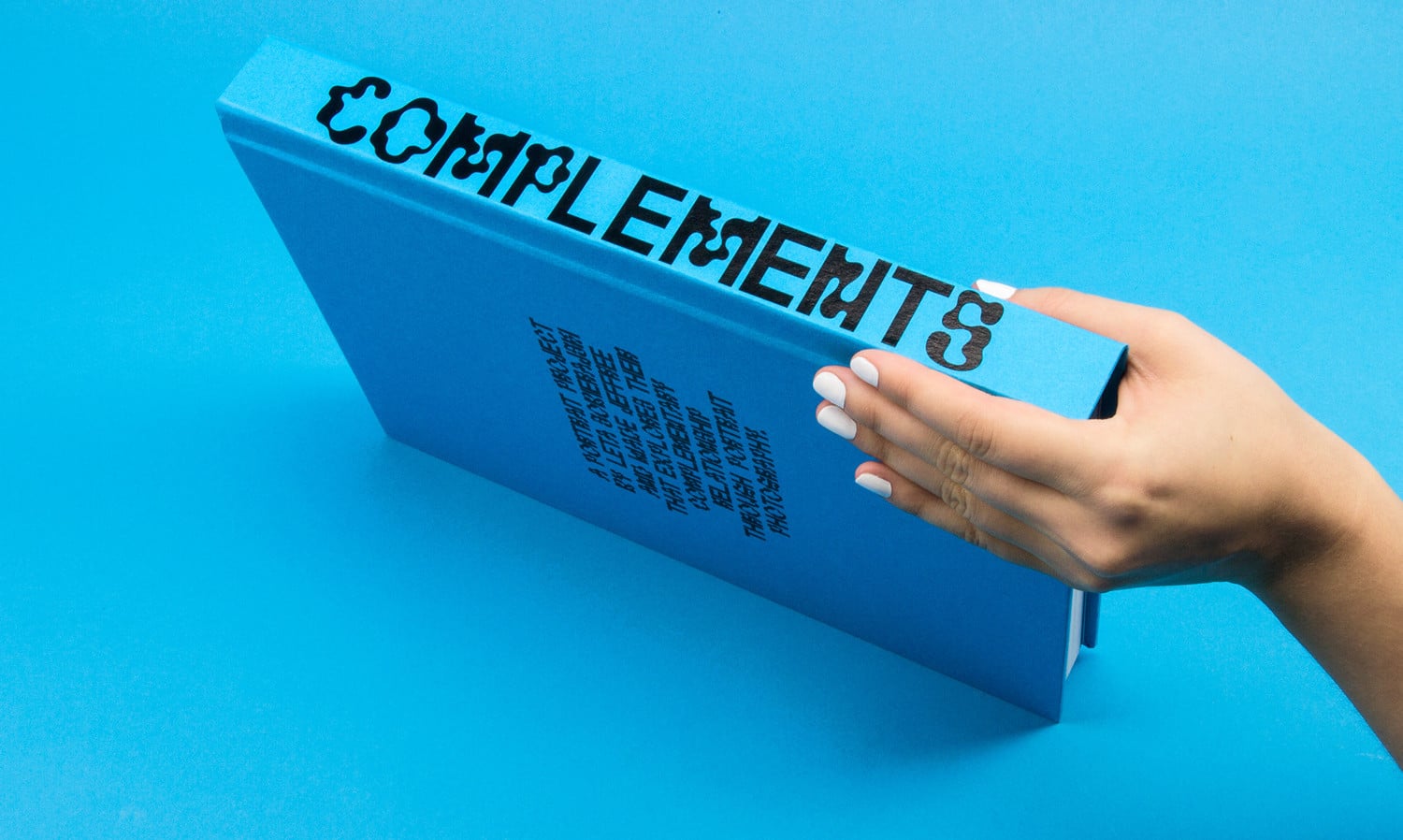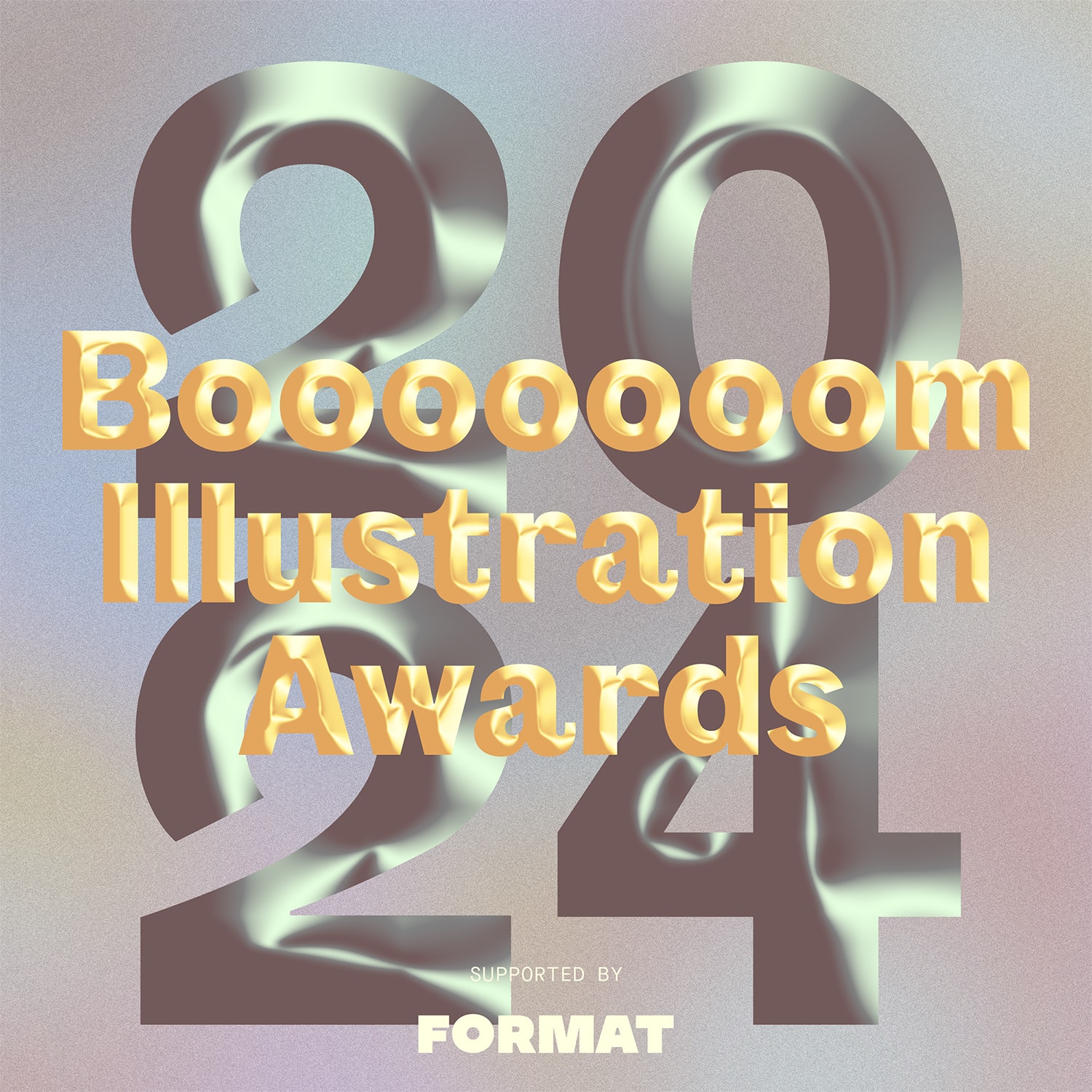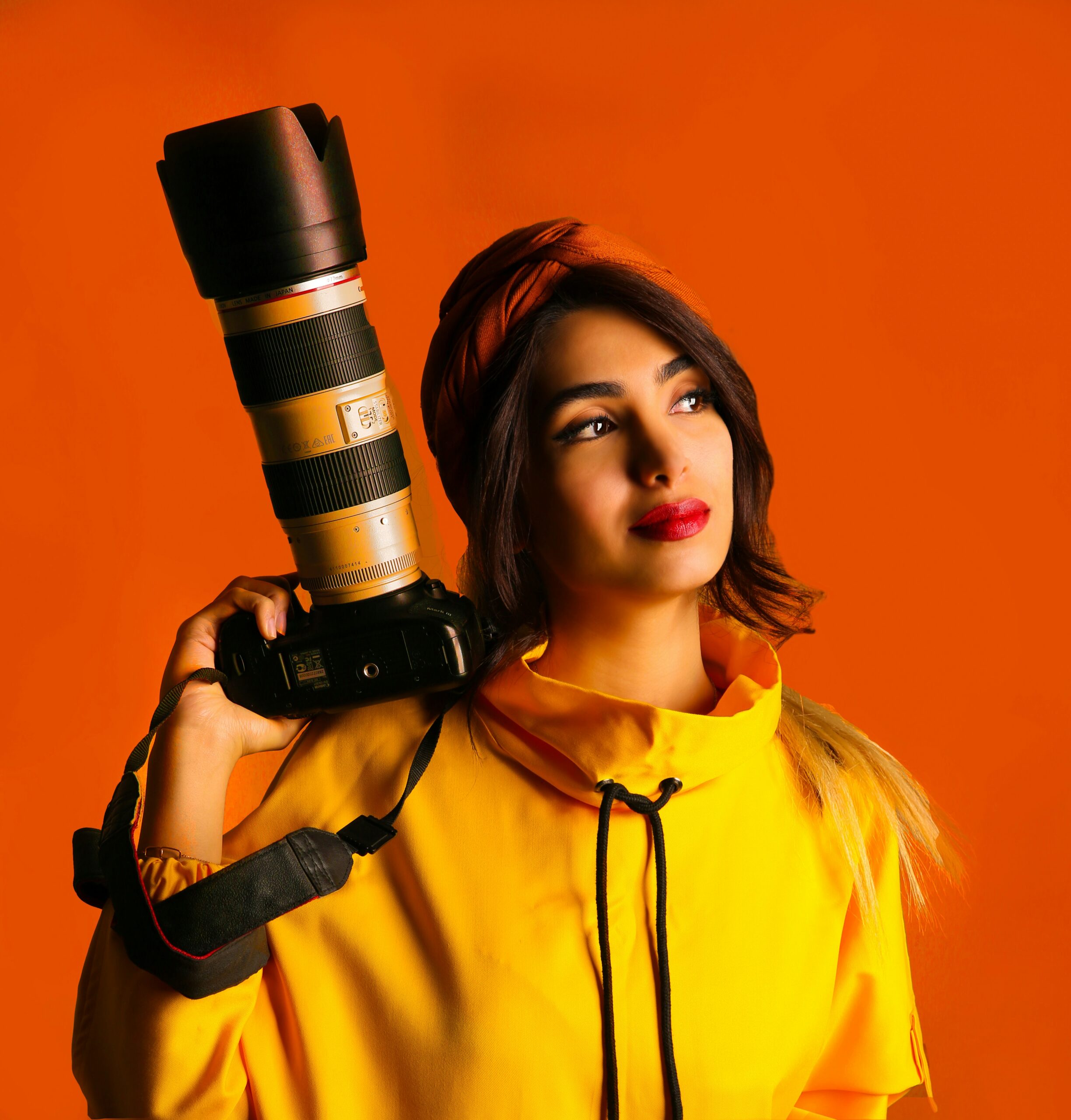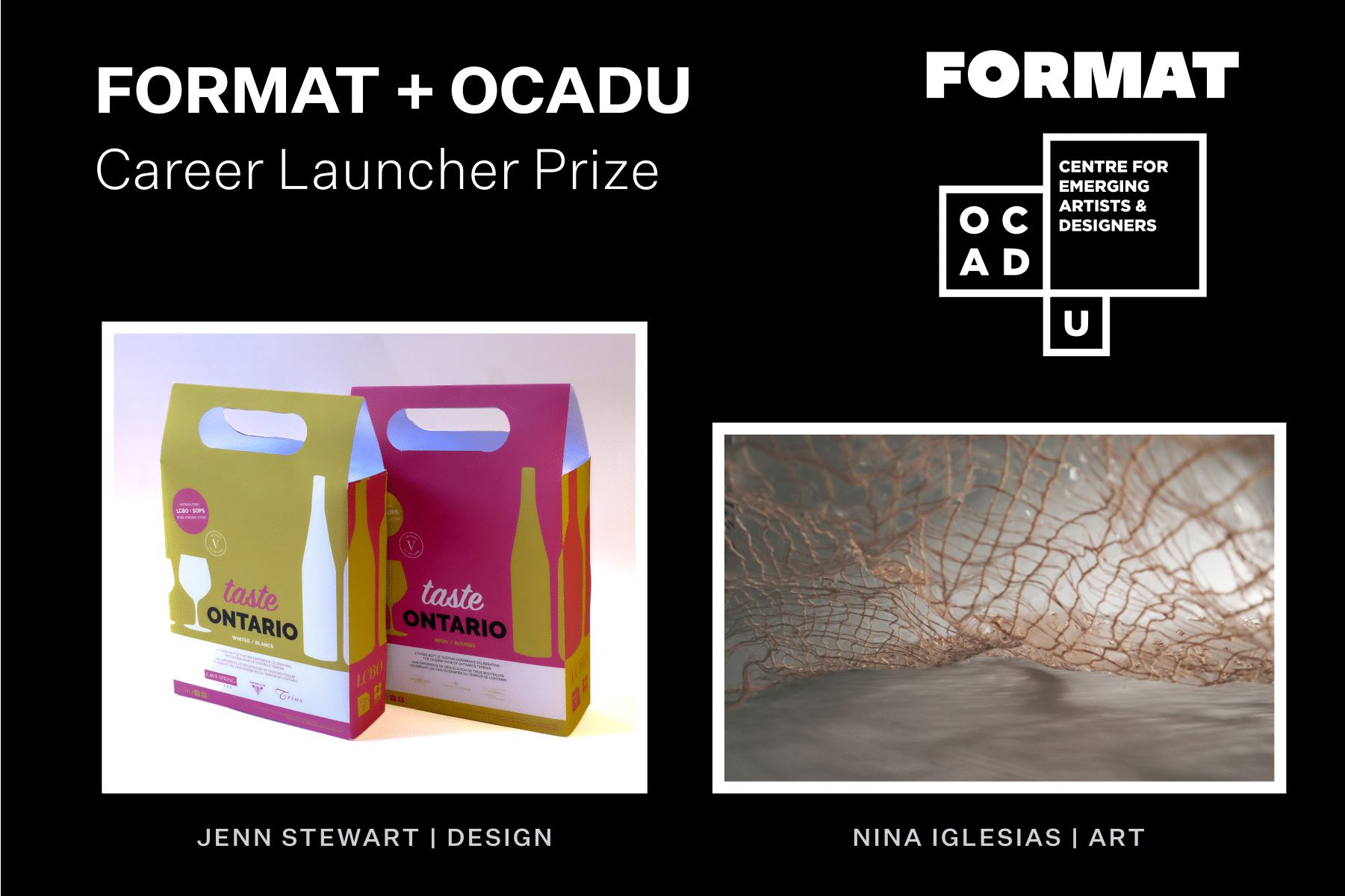When you ask designer Wade Jeffree about the key creative decisions he’s made in his career, he doesn’t talk about the jobs he took or the collaborations he participated in—those things come later. He starts by talking about setting the right environment for his work: namely, how the Australian designer and art director narrowed down his options of where to go next during his final year at university. He liked the idea of spending a summer in the U.S., and after receiving his visa, he bounced around from the west coast to Phoenix, Vegas, Austin, Dallas, New Orleans, and Miami before getting to New York City. “If you’re not in a place where you’re comfortable, you can’t create with a sense of freedom,” Jeffree explains. And from a prestigious position at Sagmeister & Walsh to his infamous Complements project to recent collaborations with Print All Over Me, Jeffree has more than proven his theories tried and true.
1. “If you don’t understand people, you can’t understand design.”
Jeffree is fond of collaboration—both because it’s a fun way to learn about people and the way they work, and because it’s a way to draw from expertise that he doesn’t possess himself in making work. “I think it’s most important to understand that you can’t do everything, and that you don’t know everything,” he says.
That’s something he keeps in mind as he develops his career—and as he develops as a person. “If you don’t understand people, you can’t understand design,” he says. “You and your life influence your work in more than one way. If you can understand how your relationships work—whether they’re with collaborators, friends, or your partner—you’ll be better off in your [creative] process, however it manifests itself.”
Collaboration also affords an opportunity to make sure that projects actually get completed—and that the end result is something worth being proud of. “For me, side projects come naturally,” he says. “There are too many ideas that go nowhere, so I put a lot of effort into making sure I get mine out into the world. It’s one of the main reasons I collaborate so much—if I can’t do something at the level I want, I work with the person who can.”
2. “Random thoughts don’t have to just live in your journal anymore. There has never been a better time makes ideas happen.”
While Jeffree’s CV might say “designer,” that’s a curt summary of someone who’s also developed games and apps, typefaces, and clothing.“With the availability of new media and technology, there are even more opportunities to create,” he says. “Random thoughts don’t have to just live in your journal anymore—there’s never been a better time to make ideas happen.”
3. “Exploring your personal interests and combining them with a client goal is like being a kid and eating pancakes while watching TV.”
There’s a thrill to making something that’s so personal it could be considered downright idiosyncratic—to disregarding the marketplace and just chasing your passions, and seeing who responds to that.
One place where Jeffree did that was his project Black Metal Modernist, where he was able to combine his passion for design with his love of hardcore metal music. “Pouring passion into these side projects is one of many ways to keep creatively fulfilled. In doing the process, you’re investing in learning more about the subject and honing your skills in other areas.”
That’s something that Jeffree says he does in his work for clients, too—which is a thrill for the designer. “Exploring your personal interests and combining them with a client goal is like being a kid and eating pancakes while watching TV—it’s the best of both worlds,” he says. And in order to get those opportunities, he keeps his personal work very much centered in his portfolio. “I’m very much focused on projects that incorporate personal interests with client realities. I only work on the jobs that will yield interesting creative possibilities,” Jeffree says. “And working those interests into client projects is easier when your folio backs up your thinking and personality. If someone is coming to you for work, they already know why.”
4. “Create something fucking epic that allows for engagement with a larger audience outside of the design community.”
Jeffree’s portfolio is broad and diverse, but it’s also not a full reflection of his future ambitions. He’s not content to let his career stick with just design projects—at this point, he’s looking to make art, too.
“At this juncture, the intersection of art and design is something that I’m always thinking about,” he says. That might mean sculpture, or it might mean publishing. He’s got what he describes as a “secret little project” that he’s developing with a friend that advances the ball in some of the ways he’s looking to do it. But whatever comes next for Jeffree, he wants it to be big.
“I want to create something fucking epic,” he says. “That allows for engagement with a larger audience outside of the design community. I’m a person who likes to bite off more than I can chew.”












